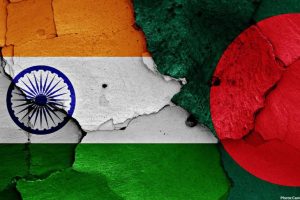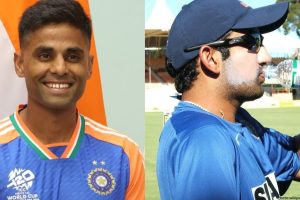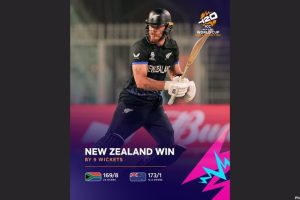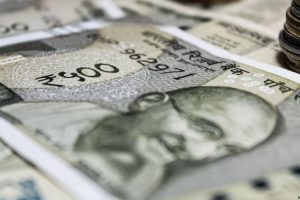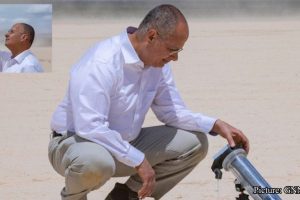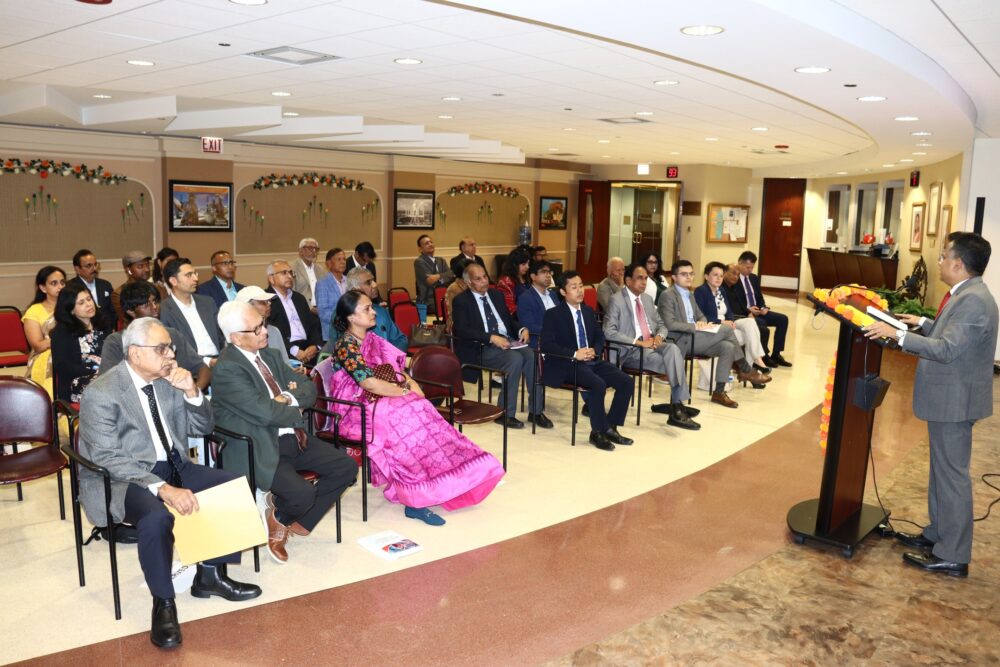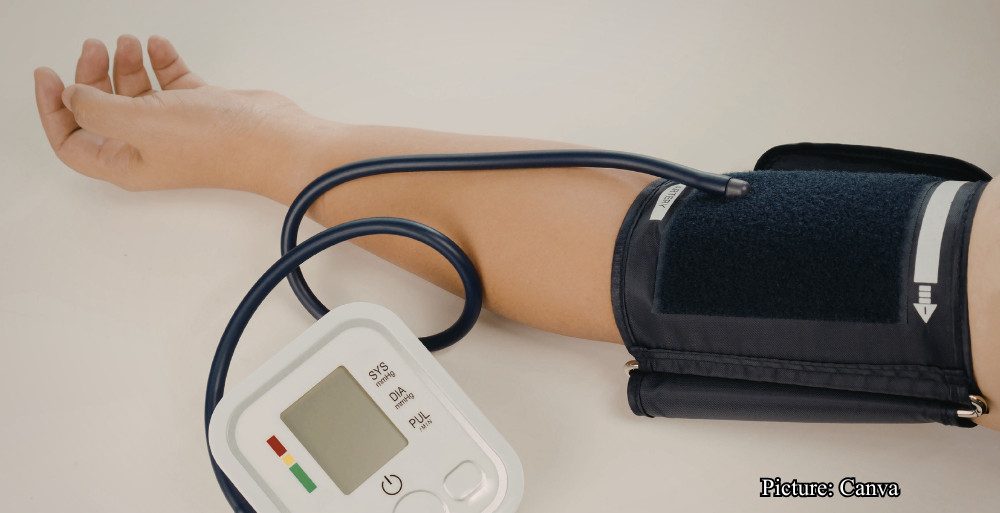Experts, Community Leaders Highlight Global and South Asian Heart Health Initiatives
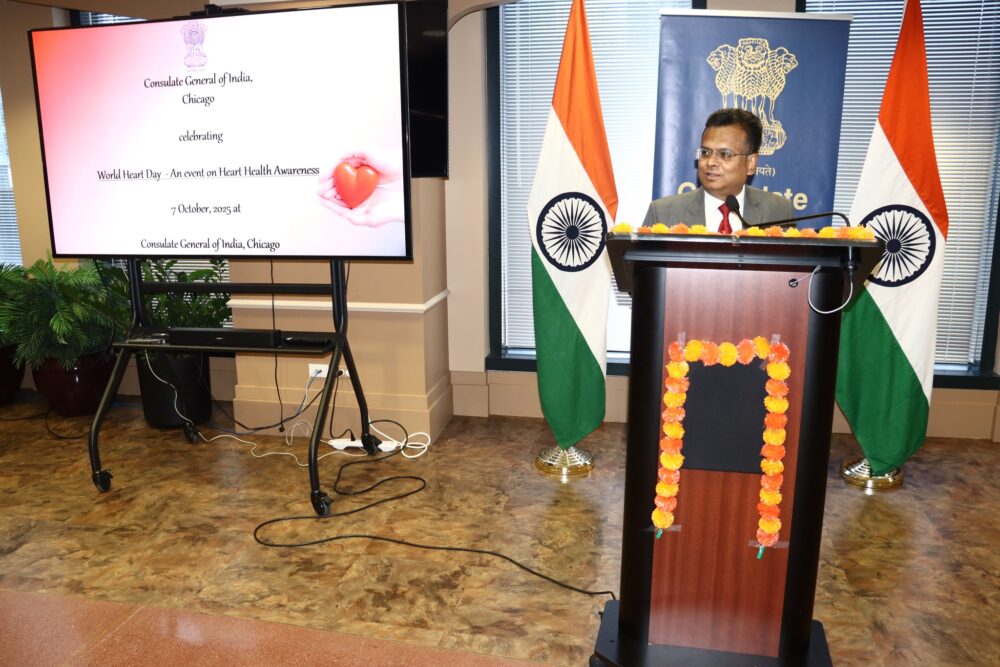
Chicago, IL – The Indian Consulate in Chicago hosted a landmark event on October 7, 2025,
commemorating World Heart Day with a dedicated 90-minute program to address the escalating
global crisis of heart diseases and sudden cardiac arrests. The initiative, held under the guidance
of Hon’ble Consul General Somnath Ghosh, showcased the Consulate’s ongoing commitment to
community health, particularly for Indians and the wider diaspora.
In his opening remarks, Consul General Ghosh underscored the urgent need for prevention and
early recognition of heart disease, the world’s leading cause of death. He applauded the tireless
work of Indo-US physicians and community organizations dedicated to prolonging and
improving lives through lifestyle changes.
The event assembled prominent medical experts with extensive backgrounds in Indo-US health
collaborations. Dr. Vemuri S. Murthy, a renowned resuscitation expert and faculty member at the
University of Illinois College of Medicine, led the program. He was joined by Dr. Enas A. Enas,
a distinguished Chicago cardiologist and founder of the Coronary Artery Disease in Indians
Research Foundation, and Dr. Bellur S. Prabhakar, Professor of Microbiology and Immunology
and a key leader in the “Heart Rescue India” project.



World Heart Day, observed annually on September 29, aims to raise awareness and inspire action
for heart health worldwide. The 2025 theme, “Don’t Miss A Beat,” reflects the alarming
statistics: over 20.5 million lives are lost each year to heart disease, yet up to 80% of premature
deaths could be prevented with better access to care, early screening, and healthy lifestyle
choices.
Speakers at the Chicago program presented updates on the rising burden of heart disease and
sudden cardiac arrests, particularly among South Asians. Data revealed that Indians face heart
disease rates multiple times higher than other groups, with more than 4,200 sudden cardiac
arrests per 100,000 people annually in India and survival rates below 10%. Alarmingly, half of
all heart attacks in Indian men occur before age 50, and a quarter before age 40. Experts attribute
these trends to earlier onset, higher mortality, and a greater tendency for multi-vessel disease
with smaller arteries and high-grade blockages.
Contributing risk factors highlighted included high blood pressure, tobacco use, unhealthy diets,
obesity, high cholesterol, diabetes, metabolic syndrome, inactivity, stress, pollution, congenital
and acquired heart conditions, and a genetic predisposition toward elevated lipoprotein A (LpA),
found in about 25% of the Indian population.
The event also spotlighted the challenges women face, as heart attacks in women are often
under-reported and misdiagnosed due to atypical symptoms like fatigue and indigestion, rather
than classic chest pain.
Dr. Murthy detailed several successful Indo-US initiatives to improve cardiac outcomes, such as
the National CPR Challenge, Project HEART India, and the $4.2 million Heart Rescue India
project. Other efforts include community health hubs, state-wide CPR training, collaborative
research registries, and American Heart Association-backed programs promoting tailored
resuscitation training and international conferences.
The American Association of Physicians of Indian Origin (AAPI), the largest ethnic physician
group in the U.S., was recognized for its pivotal role in advancing Indo-US heart health projects.
These range from hands-only CPR campaigns and research funding to international scientific
summits and community screening programs.
Looking ahead, under the leadership of the AAPI President Dr. Amit Chakrabarty, AAPI’s
upcoming Global Health Summit in Bhubaneswar, Odisha, scheduled for January 9-11, 2026,
will feature international scientific sessions and state-of-the-art workshops, including those
focused on artificial intelligence in cardiovascular care.
Attendees were reminded of the American Heart Association’s “Life’s Essential 8” – a set of key
behaviors and health factors for heart health: eating better, being more active, quitting tobacco,
getting sufficient sleep, managing weight, controlling cholesterol, managing blood sugar, and
controlling blood pressure. The role of alternative therapies like yoga and meditation in reducing
stress and enhancing heart health was also emphasized.
The World Heart Day celebration at the Indian Consulate exemplified the Indian government’s
dedication to promoting global health through robust, ongoing Indo-US partnerships in the
healthcare sector.


